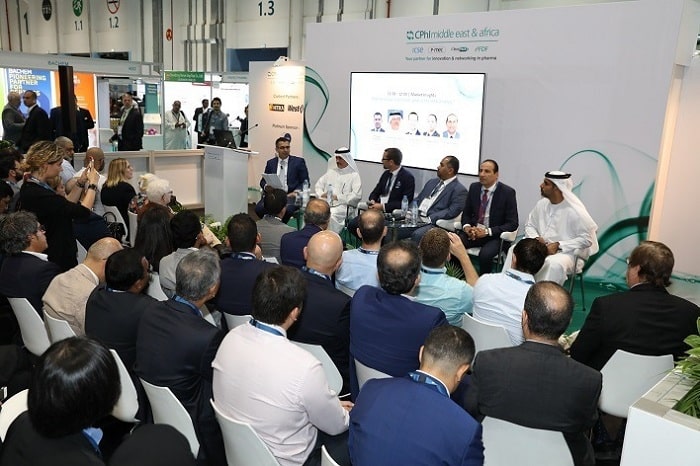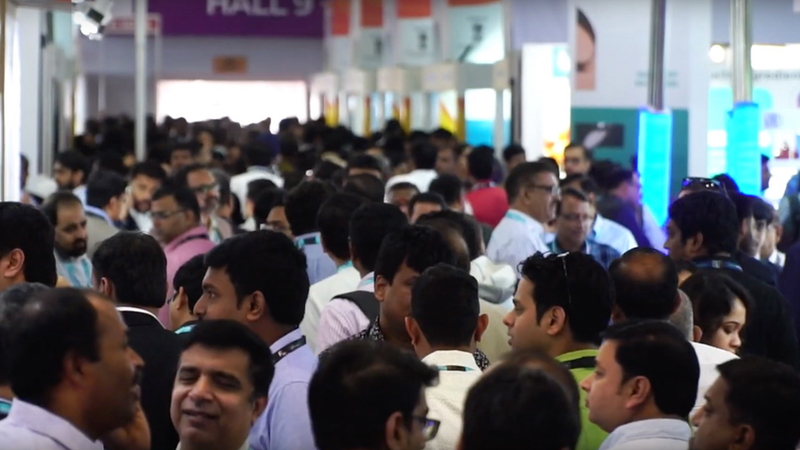Cell: Breakthrough! Scientists have identified key genes that are expected to promote cardiomyocyte regeneration to form heart.
Views : 1881
Author : SwissBio
Update time : 2018-03-16 00:15:00
March 6th, 2018 / Bio Valley BIOON / -- Recently, a research report published in the international magazine Cell, scientists from the Gladstone Institutes identified the promotion Key genes for adult cell division and proliferation; some organisms have the ability to regenerate tissue significantly. If fish and salamanders suffer from heart damage, their cells will continue to divide and successfully repair damaged organs. Imagine if we also What would be the case with this kind of regenerative capacity?
In embryos, human heart cells can be classified and proliferated to promote heart growth and development; but the problem is that after birth, the body's cardiomyocytes lose the ability to divide, which is associated with many cells in other tissues of the body. The same, including the brain, spinal cord and pancreas. Researcher Dr. Deepak Srivastava explains that because many adult cells cannot divide, the body can't replace the lost cells, which can cause disease. If we can find a new way to make these cells split again, then we may hope Achieve a series of organizational regeneration capabilities.
Scientists have been trying to do this for decades, but the results have been minimal; so far, these attempts by researchers have been ineffective and difficult to replicate; in this latest study, researchers may be expected To achieve this ultimate goal, the researchers developed the first effective and stable method to make adult cardiomyocytes, which can divide and repair damaged heart tissue when a heart attack occurs (at least in animal models). More than 24 million patients with heart failure worldwide, except for heart transplants for patients with advanced disease, there are few alternative treatments for other patients; and new cardiomyocytes are created by cell division (similar Like a salamander, it may help millions of patients repair damaged heart tissue.
Unlock the potential of adult cell reproduction
In this study, researchers Srivastava and colleagues identified four genes that control the cell division cycle. They found that when combined, these genes promote the re-entry of mature cardiomyocytes into the cell cycle, and Promotes cell division and rapid proliferation. Researcher Tamer Mohamed said that when the functions of these four genes are simultaneously increased, adult cells will begin to divide and regenerate heart tissue; we also found that when patients with heart failure, combining these genes can significantly improve the patient's heart. Features.
The researchers then tested the new technology in animal models and cardiomyocytes derived from human stem cells, using a rigorous technique to track whether these adult cells can actually be made by dividing cells that carry special colors and are easily monitored. To divide in the heart, the results showed that 15%-20% of cardiomyocytes were able to divide and remain active in a mixed pattern of four genes.
Compared to previous studies (1%), this new technology may increase the efficiency and reliability of cell division. Of course, in human organs, genetic applications should be strictly monitored because of excessive or redundant cells. Splitting often induces tumors; researchers in the later studies will simplify the technique by finding ways to reduce the number of genes required for cell division (while ensuring the efficiency of cell division) and, as a result, Two drug-like molecules to remove two of these genes yield the same results.
Regenerate multiple human tissues
The researchers believe that this new technology can be used to induce other types of adult cells to divide again, and the four genes they use in the article are not unique to heart tissue; the last researcher Srivastava said that heart cells for us Especially challenging, because when the individual is born, the cardiomyocytes will withdraw from the cell cycle and the state of the cells will be locked. This may explain why humans do not have heart tumors; now researchers have developed a way to promote These new technologies of "difficult" cells re-splitting, in the future, may also be used to "unlock" the potential of other types of cell division, including nerve cells, pancreatic cells, hair cells in the ears, and retinal cells.
Based on the results of this study, the researchers hope that in the future, more in-depth research will be conducted to develop more powerful regenerative technologies that can treat not only heart failure but also various types of human diseases, including brain damage, diabetes, and hearing loss. Blindness, etc.; researchers believe that one day in the future, the regenerative capacity of human body tissues will surpass that of salamanders.
 CPhI Middle East & Africa
CPhI Middle East & Africa
 CPhI India 2019
CPhI India 2019
 CPhI Worldwide 2019 Frankfurt Booth 10D09
CPhI Worldwide 2019 Frankfurt Booth 10D09